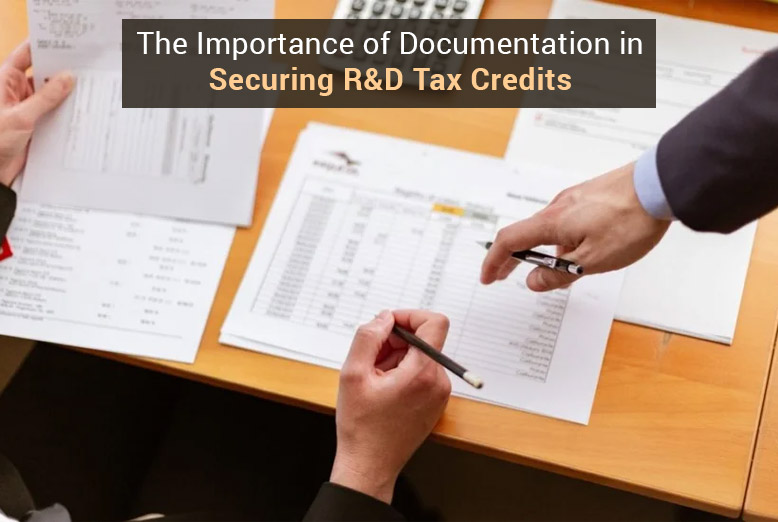Companies will work together to make it easier to enable digital payments and move money internationally
Visa announced InstaReM is joining Visa’s fintech fast-track program in the Asia Pacific region. This program makes it quicker and easier for fintech partners to build and deliver new commerce experiences on Visa’s payments network.
InstaReM is a leading digital cross-border payments company that enables consumers, businesses and banks to make international money transfers at a low cost. As part of the Visa fintech fast-track, the two companies will work together to build new solutions for moving money to and from different countries in fast, convenient ways that provide users with seamless digital payments and money transfer experiences.
The Visa fintech fast-track program makes it easier for fintechs to access the global Visa payments network. The program is part of Visa’s global strategy to open up our network and support a broad range of players that are developing new commerce experiences. The fintech fast-track program provides a new commercial framework that includes eased access to Visa’s payment capabilities and streamlined processes to support companies of different sizes and at different growth phases.
Digital Payments
“Even with all the digital forms of payment that exist today, transferring money internationally can still be a time-consuming, inefficient process,” said Hamish Moline, Head of Digital Partnerships, Asia Pacific, Visa. “We’re excited to welcome InstaReM to the Visa fintech fast-track program and to work with them on tackling an area of payments where there is still a lot of opportunity to bring innovation to the customer experience.”
PrajitNanu, co-founder and CEO of InstaReM, said, “It’s a matter of pride for InstaReM to be a part of the Visa fintech fast-track program. We will draw from Visa’s vast network and experience in Asia-Pacific and the other regions. With this partnership, InstaReM would be able to issue cards to its partners in just four weeks of them being in the program, instead of the typical six to nine months it takes now.”




















